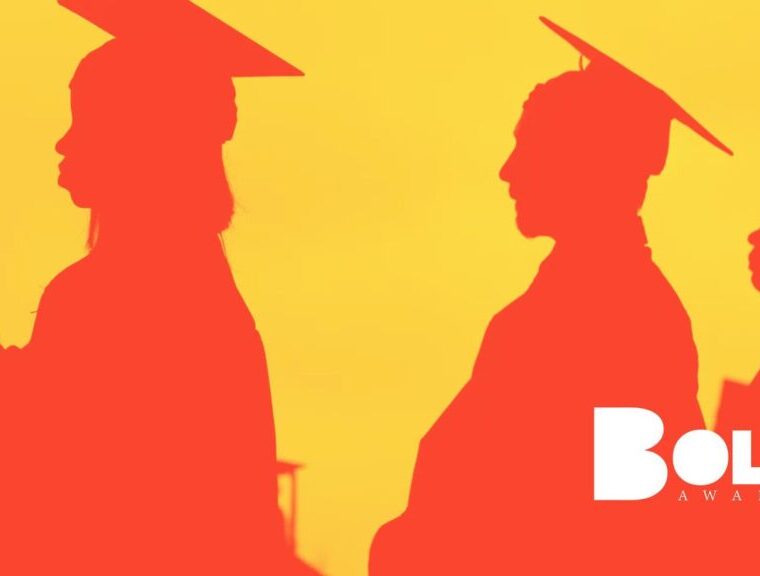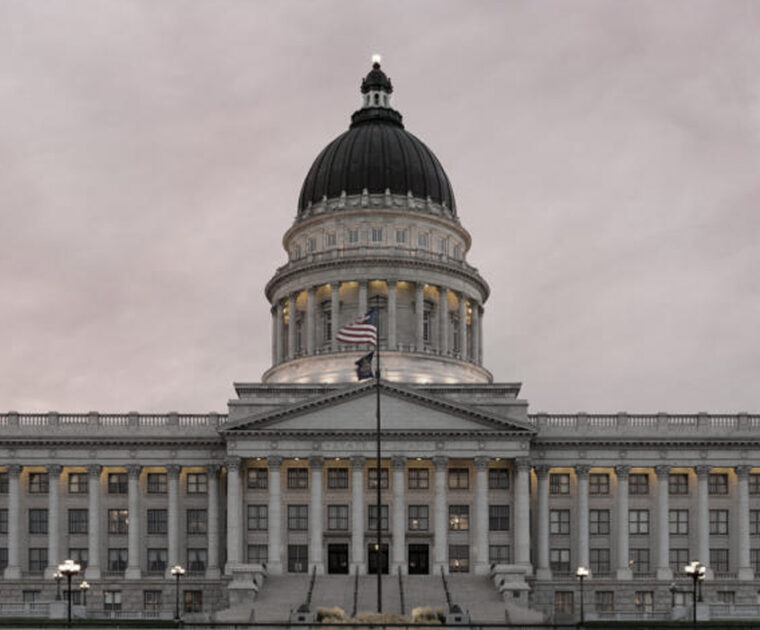US college education is in crisis. Professor Richard Vedder, an economist from Ohio University, described the challenge as a ‘Triple College Crisis’. Fees are too high, there is too little learning, and there’s a paucity of good jobs for graduates who do make it through the system. I’d add that far too few who start college actually finish, meaning they have loans but no ability to repay them.
Vedder highlights a striking point. In the last 40 years, college tuition fees have roughly tripled, rising much faster than income levels. Why? It is not a coincidence that the massive hike in fees kicked in just at the same time as a vast expansion in federal aid to students. Before the late 1970s, college fees rose annually around 1%, adjusted for inflation, a perfectly bearable rate since it was well below that at which incomes were rising. Now, there’s no comparison. College costs are a much greater burden than they were, leading to an explosion of student debt. Because, here’s the thing: despite the burgeoning costs, there’s still an almost insatiable appetite out there for the advantages of having a college degree.
Research suggests that college graduates earn around $20,000 a year more on average than high school graduates; those with advanced degrees earn another $20,000 on top of their BA and BS colleagues. And there’s more to it than higher salaries. College graduates tend to get the sort of jobs which come with employment benefits for workers and their families. They’re also generally positions with higher rates of job satisfaction and security and more opportunities for promotion and self-development. It’s a whole package of pluses, to be honest. Tuition and the other expenses associated with college life are an investment on which you will still get a positive return.
So people want degrees, even though they’re expensive. The theory is great but it’s let down by the execution, and the effects of this are easy to demonstrate: 70% of Americans will enroll on a four-year degree, but fewer than two-thirds of those will end up graduating. Fully a third of freshmen will drop out before the end of the academic year. So these millions of students are taking out loans, making most of that big investment in their future, and are then walking away empty-handed. That’s not just a waste, that’s a tragedy. How much more of a tragedy would it be if we found it was avoidable? And there was actually a solution? I think there is.
The under-told story of the student loan crisis is that 53% of people with student loans in default borrowed less than $10,000 but failed to graduate. Meaning they never saw the “lift” on their salaries, but they still had the debt. The private sector has a real opportunity here to solve a problem that is impacting millions of American families. Higher education is an investment market. With demand growing and easy borrowing we’ve pumped up the cost to an unsustainable place. It’s a great example of how well-meaning federal intervention had unintended consequences.
Capable students are dropping out, and missing out on the long-term benefits of a college degree because they can’t afford to make an initially large investment when the pay-off is vague, uncertain and far into the future. My business partner Dennis Murashko and I have found an approach to this crisis that might work – insurance. Our solution is really, really simple: remove the uncertainty out of it all and let colleges provide a guarantee.
What our company, EIC, does is to promise a specific level of income to be earned after graduation, and commits that, if the job that graduate finds doesn’t pay what we’ve agreed they deserve, then, for a five-year period, we’ll make up the difference. Simple, but transformative. The student is free to prepare him or herself for a well-paying career they’ll enjoy without worrying about what the economy will look like in four or five years, whether their job will be made obsolete, or if the market will keep respecting their majors. By providing security and certainty, we let students, families and colleges plan. They can make good decisions with confidence in the future. This will encourage more students to attend college, but more importantly it’ll help those that enroll make it through to graduation so that they can reap the rewards.
A safety net for early career professionals would change the fabric of our nation. We’d see more people successfully climb the ladder out of poverty and continue to grow a large and successful middle class. That’s why we call our product American Dream Insurance. If you’re thinking of attending a college, you should ask if they provide our guarantee. It could make a difference not just to your years at college, or even for the few years after you graduate – but for the rest of your life.






Leave a Reply